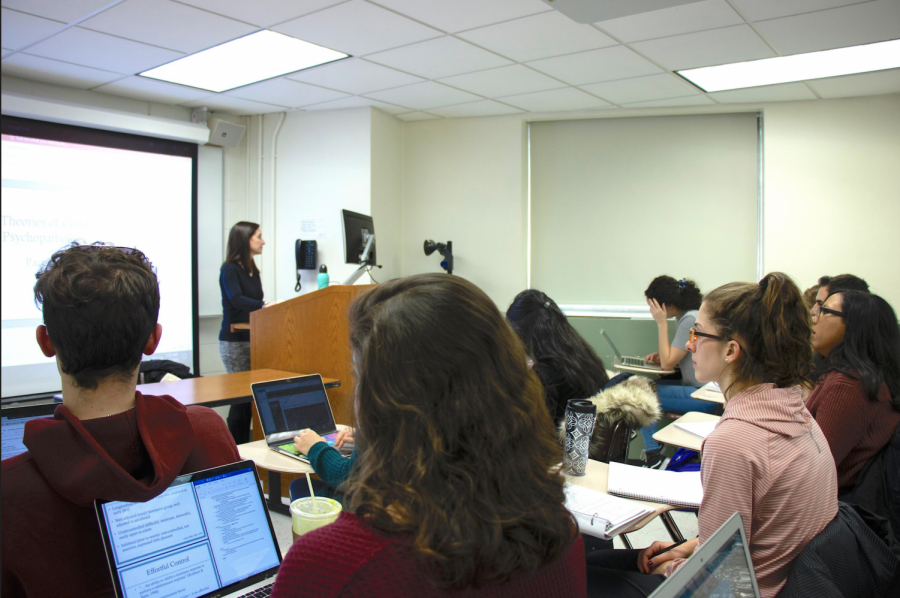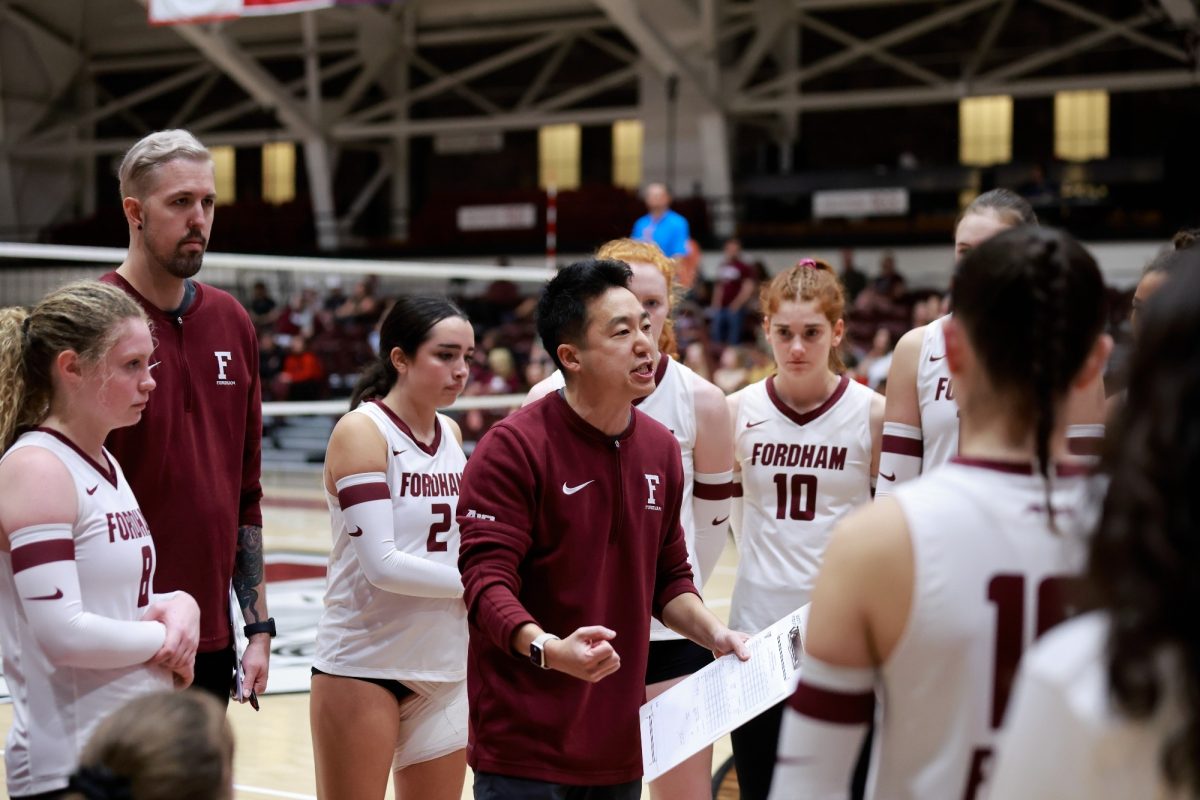When first registering for classes at Fordham, the Core Curriculum is a checklist of classes and attributes that need to be completed before a student graduates. It includes classes such as “Philosophical Ethics,” “Faith and Critical Reason” and other advanced courses that may focus on topics from history or sociology. While the Core Curriculum does offer some flexibility, especially in choosing which advanced courses to take, students often regard it with annoyance and as another damper during registration. However, the Core Curriculum is invaluable in its benefits and can lead students to enjoy classes they might not have taken.
The Core Curriculum prides itself on expanding a student’s intellectual curiosity and their perspective. It also allows students to be able to develop multidisciplinary connections and improve their research skills. These benefits offer vital soft skills such as critical reasoning and leadership, which can help students throughout their lives, no matter which path they may take. While I was initially exasperated by the Core Curriculum, and still am sometimes during registration, I do admit that it has enriched my college experience in ways that I hadn’t expected.
As a biology major, I was most looking forward to my science-heavy schedule, as I felt that I was learning about things that were more relevant to the future that I wanted. However, Core Curriculum courses have offered a needed levity in my schedule that provides a better balance of classes which allowed me to enjoy science classes without burning out. Additionally, these classes have exposed me to a variety of new perspectives and unexpected ways to draw connections. For example, while learning about the mechanisms of cholera during Virology was interesting, it was even more enlightening to understand how the disease affected America during the 19th century. It was also intriguing to see how skills were able to translate between different classes. For example, many of the literary analysis skills I learned during Core Curriculum English classes helped me to better understand research articles for other science courses.
In addition, the Core Curriculum can also lead you to enjoy classes you might not otherwise have taken. Taking a Medieval Literature class, which fulfilled my EP2 requirement during my first year, opened me up to enjoying literature more. As I read “Beowulf” and other texts, I found myself enjoying the assignments and essays for the class. My professor in the class was one of the key figures who inspired me to think about taking on an English minor and thinking about writing more as an extracurricular, which led me to end up joining the Opinion section at The Fordham Ram, an amazing decision which has added so much to my life. Now, I enjoy taking more English classes and writing and editing for The Fordham Ram, aside from my traditional path of STEM classes.
Even Core Curriculum classes that I didn’t necessarily have a passion for but still found interesting were able to add to my knowledge and enhance or teach me new skills. Overall, while the Core Curriculum may inspire some irritation, it can provide so many important skills and experiences and even lead you to find classes you might not have had in mind but really enjoy. My tip while navigating the Core Curriculum is to keep an open mind and try to understand what you can take away from each class. College is a different experience for all of us, and we all have different paths, but the Core Curriculum can offer a way to explore interests and enhance skills.












































































































































































































